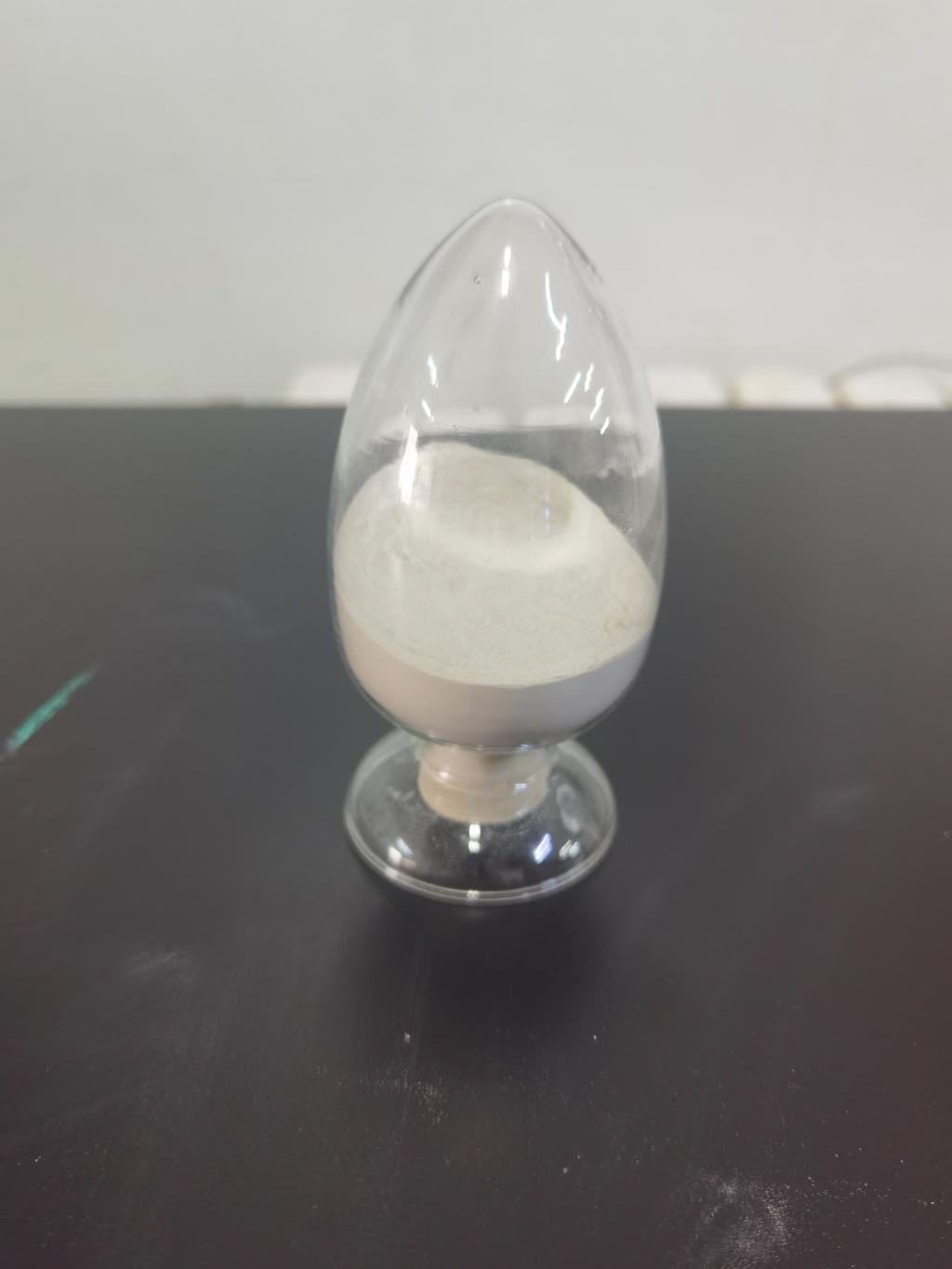Tel:+8618231198596

News
 CONTACT
CONTACT
 CONTACT
CONTACT
- Linkman:Linda Yao
- Tel: +8618231198596
- Email:linda.yao@dcpharma.cn
- Linkman:CHARLES.WANG
- Department:Overseas
- Tel: 0086 0311-85537378 0086 0311-85539701
News
Current Position:
Home >
News
>Nisin's effectiveness in controlling spoilage microorganisms in fermented foods.
Nisin's effectiveness in controlling spoilage microorganisms in fermented foods.
TIME:2023-08-22
The Role of Spoilage Microorganisms:
Spoilage microorganisms are those that alter the sensory attributes, texture, and overall quality of food without necessarily rendering it unsafe for consumption. They include various bacteria, yeasts, and molds that thrive in the conditions created during fermentation. Unchecked spoilage can lead to off-flavors, undesirable textures, and even the growth of harmful pathogens in some cases.
Nisin: A Natural Antimicrobial Peptide:
Nisin is a naturally occurring antimicrobial peptide produced by the bacterium Lactococcus lactis. Its history of safe use in the food industry, particularly in dairy products, has earned it recognition as a valuable tool for food preservation. Nisin's effectiveness lies in its ability to disrupt the cell membranes of target microorganisms, resulting in cell death. It is primarily active against Gram-positive bacteria, making it suitable for controlling spoilage organisms that fall within this category.
Mechanisms of Action:
Nisin's mode of action involves several steps:
Attachment: Nisin attaches to the bacterial cell membrane.
Permeabilization: Nisin disrupts the membrane's integrity, causing ions to leak out and leading to cell death.
Inhibition of Essential Functions: Nisin interferes with key cellular functions, further disrupting microbial metabolism.
Importantly, nisin's action is selective, primarily targeting the cell membranes of Gram-positive bacteria, which include many common spoilage microorganisms found in fermented foods.
Applications in Fermented Foods:
Nisin's versatility extends to various types of fermented foods:
Dairy Products: Nisin has a well-established role in dairy preservation, where it inhibits the growth of spoilage and pathogenic bacteria. It is particularly effective against lactic acid bacteria and Clostridium spp., which are common spoilers in dairy fermentations.
Meat and Poultry: Fermented meat products are also susceptible to spoilage by bacteria like Lactobacillus, Pediococcus, and Leuconostoc. Nisin's application in these products can extend shelf life and maintain quality.
Bread and Baked Goods: Yeast and mold growth can lead to spoilage in baked goods. Nisin's antifungal properties make it suitable for inhibiting these organisms, ensuring product longevity.
Vegetable Fermentations: Fermented vegetables, such as pickles and sauerkraut, are prone to spoilage by yeasts and molds. Nisin's efficacy against these microorganisms can aid in maintaining the quality of such products.
Advantages of Nisin in Fermented Foods:
Natural Preservation: Nisin's natural origin aligns with consumer preferences for cleaner and minimally processed foods.
Extended Shelf Life: By inhibiting the growth of spoilage microorganisms, nisin prolongs the shelf life of fermented products, reducing food waste.
Preservation without Compromise: Nisin's action targets spoilage organisms while sparing beneficial microorganisms, preserving the desired characteristics of fermented foods.
Reduced Need for Synthetic Additives: Incorporating nisin can reduce reliance on synthetic preservatives, aligning with clean label trends.
Challenges and Considerations:
Formulation Challenges: The effective incorporation of nisin requires considerations such as optimal concentration, timing, and compatibility with the fermentation process.
Microbial Adaptation: Like with any antimicrobial, prolonged and consistent exposure could lead to the development of resistant strains. Proper usage strategies can help mitigate this risk.
Consumer Acceptance: Educating consumers about nisin's safety and natural origin is crucial to foster acceptance in fermented foods.
Future Prospects and Conclusion:
Nisin's role in controlling spoilage microorganisms in fermented foods showcases its potential to enhance food quality and safety naturally. As consumers increasingly seek minimally processed and additive-free foods, nisin's application aligns well with the industry's efforts to meet these demands. The ongoing exploration of its synergies with other preservation methods, its impact on the overall sensory characteristics of foods, and its compatibility with emerging fermentation practices will further define its place in the realm of food preservation. With its proven efficacy, nisin is poised to play a pivotal role in the continued development of high-quality, safe, and flavorful fermented foods.
- Tel:+8618231198596
- Whatsapp:18231198596
- Chat With Skype







